pressure washer won’t start: troubleshooting and DIY fixes
- By BISON
Table of Contents
Now is the time to give your yard a good pressure wash. So, get your pressure washer ready for winter. But, oh, man! The pressure washer will not start. In this moment, the beloved companion of your cleaning tasks morphs into a silent adversary.
Your pressure washer may not start for various reasons. In this comprehensive guide, BISON will lead you through the most common culprits of pressure washer rebellion. From the straightforward to the technical, you’ll learn how to identify the issues that can halt the humming of your machine. We’ll delve into troubleshooting steps that can revive a non-starting pressure washer, tips for routine maintenance to prevent future heartache, and expert advice on when to call in the professionals.
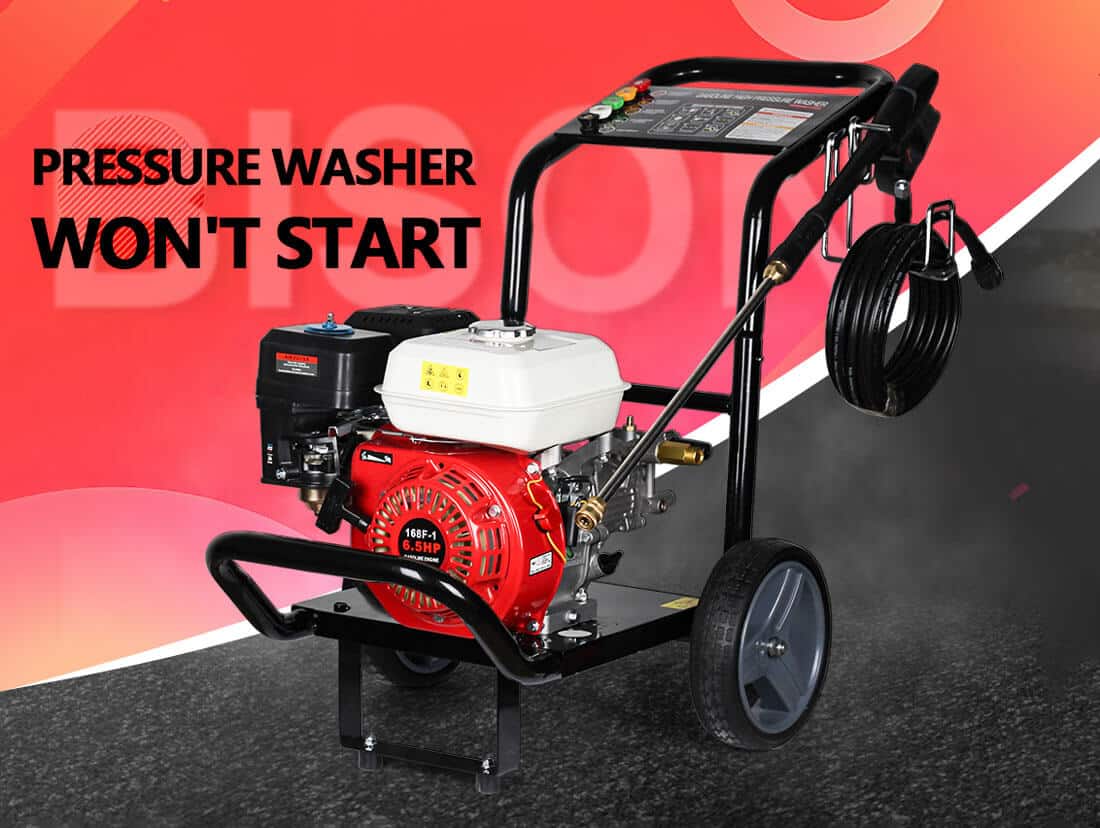
Common reasons your pressure washer won’t start
The reasons for your pressure washer’s reluctance to start can typically be sorted into three broad categories: fuel-related issues, electrical problems, and troubles specific to the high-pressure cleaner itself. Let’s break these down further to understand where you should cast a scrutinizing eye.
1. fuel-related issues
Fuel issues are the usual suspects when it comes to any engine-powered equipment’s failure to start, and your pressure washer is no exception.
old or stale fuel
Gasoline isn’t fine wine. When gasoline stays in a pressure washer for over six months, it oxidizes and becomes contaminated. Degraded gasoline loses its octane and volatility, resulting in poor engine performance or failure to start. This results in a choked supply to the engine and, consequently, a non-starting pressure washer.
low oil level: Pressure washers, like any internal combustion engine, require sufficient oil for lubrication. When oil levels drop too low, safety mechanisms kick in, preventing the engine from starting as a safeguard against potential damage.
Clogged fuel filter
The fuel filter is your engine’s guardian, shielding it from contaminants.A clogged filter will resist the flow of fuel, stifling the engine’s ability to fire up.
restricted carburetor
The carburetor may be blocked. The most common cause of a blocked carburetor is keeping gasoline in a pressure washer for too long. This sticky gasoline can block the carburetor and make the engine impossible to start.
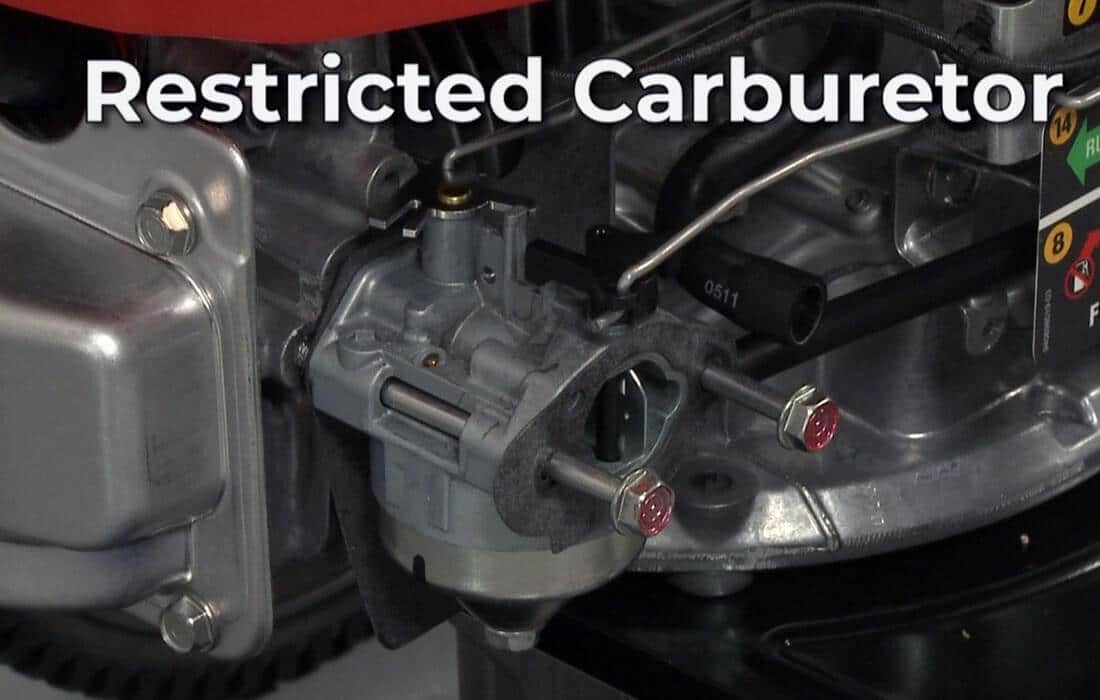
Defective spark plug
The spark plug is the tiny powerhouse that ignites the fuel in your engine. Check the spark plug to see if the porcelain insulator is broken, if the electrode has excessive carbon deposits, or if the electrode is damaged or burned. You can also use a tester for the spark plug to check if it is still working. This will tell if the spark plug is damaged or not.
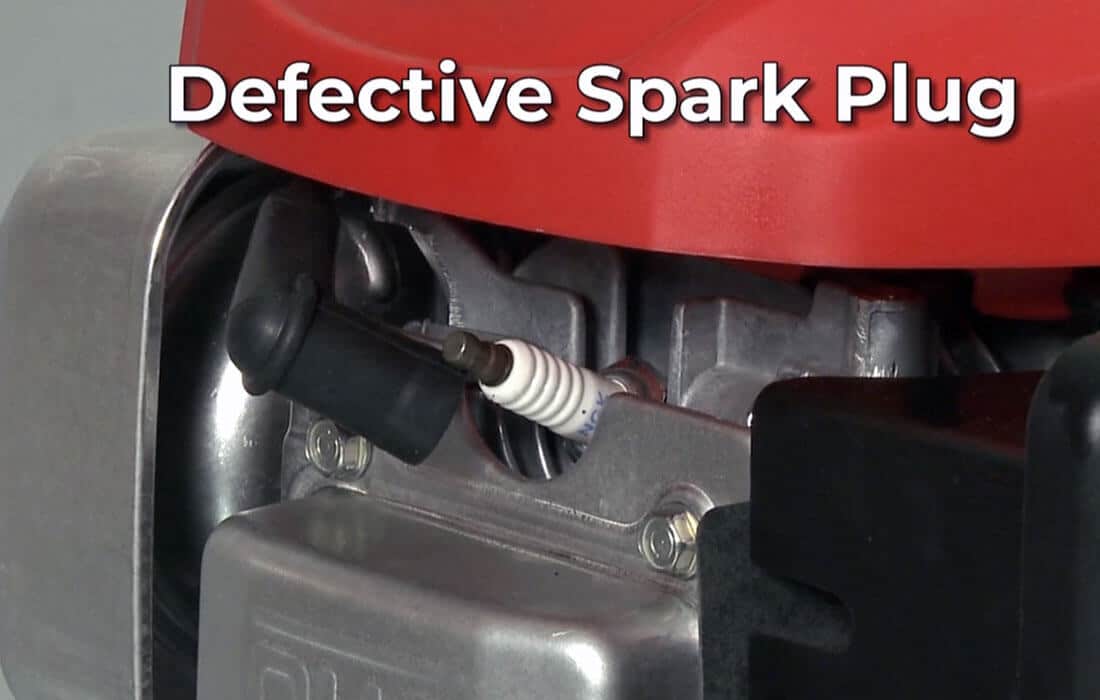
2. Electrical Problems
Dead battery
A battery with insufficient charge can’t deliver the burst of energy required to turn the engine over. If your pressure washer has an electric starter, the silence you’re receiving might be due to a depleted battery.
Defective ignition coil
A broken ignition coil may be the problem if your pressure washer won’t start. If the ignition coil malfunctions, a spark cannot ignite the pressure washer’s engine’s fuel. You can confirm if this is the problem using an ignition coil tester.
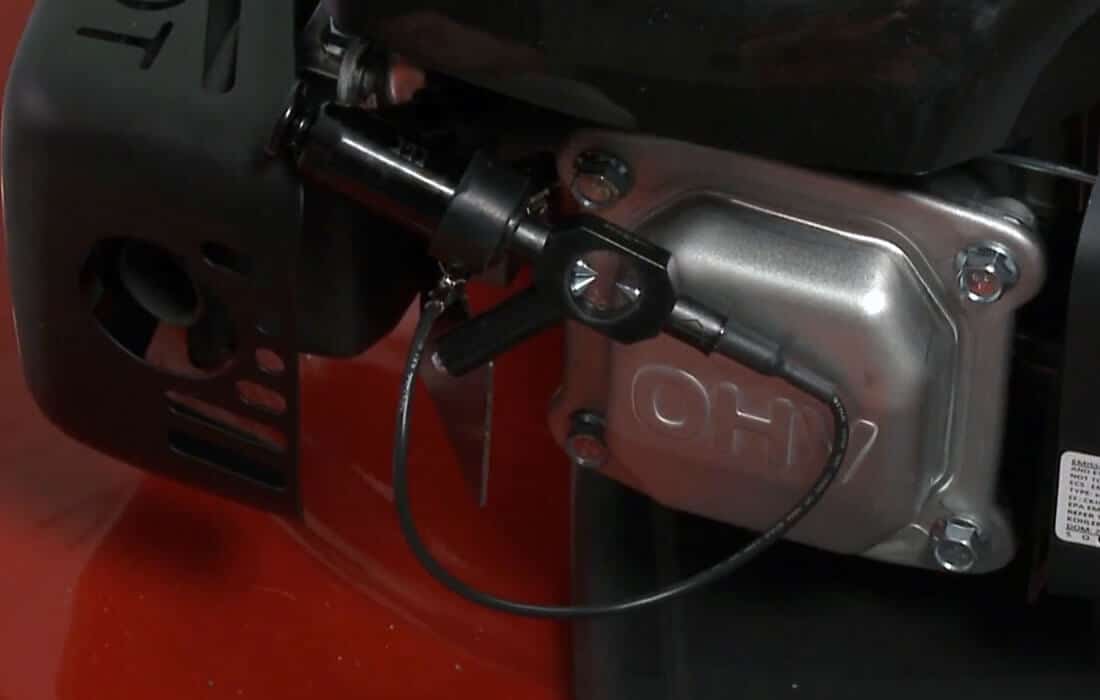
Loose or corroded connections
Over time, connections may loosen, and corrosion can set in, both of which can interfere with the electrical paths that are vital for starting the engine.
Motor or capacitor problem
For electric pressure washers, a faulty motor or starting capacitor can mean a no-go situation. These components are crucial to motor operation and require professional attention if they fail.
3. Problems with the high-pressure washer Itself
Sometimes the issue lies in the very heart of the pressure washer’s operation.
thermal overload protection activated
To prevent damage, pressure washers often have a built-in thermal overload protector that trips when the machine gets too hot. If it trips, you might just need to cool your pressure washers (and your engine) before you can get going again.
Water in the engine
While pressure washers are designed to handle water externally, any internal infiltration can be problematic. Water in the engine can lead to hydro lock, preventing the engine from starting.
Clogged air filter
Your pressure washer’s engine needs to breathe, and a clogged air filter can suffocate it by restricting airflow. A dirty air filter is a common culprit in starting issues and is one of the easier fixes.
Broken flywheel key
If your pressure washer doesn’t start, a problem may be a broken flywheel key. A flywheel is a small metal that attaches to the crankshaft and connects the flywheel. If this part malfunctions, the engine won’t be able to start.
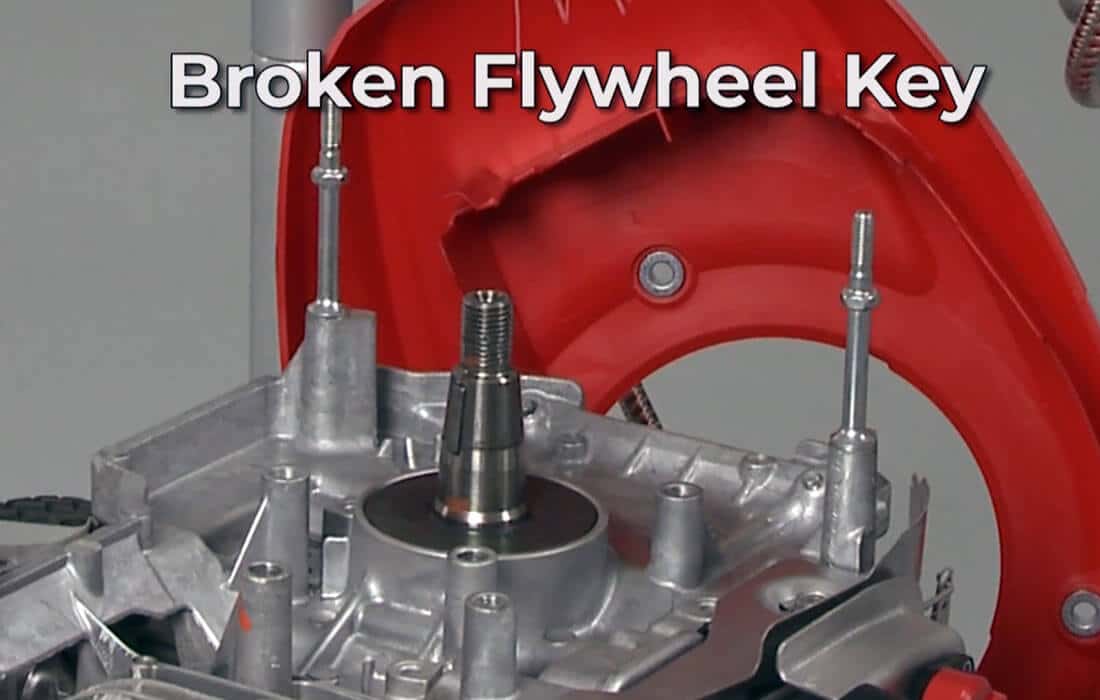
Understanding these potential problems is the first step. Next, we’ll provide a clear pathway to diagnosing and fixing each issue so you can get back to blasting away the dirt rather than being stuck dealing with the dud of a machine. Stay tuned, and we’ll transform your pressure washing predicament into a problem of the past.
Troubleshooting your pressure washer
Now that we’ve identified the broad range of reasons your pressure washer might refuse to start, it’s time to roll up our sleeves and begin the systematic process of troubleshooting. By conducting these checks and solving the issues you uncover, you’ll soon have your pressure washer working like a charm again.
Basic checks
Before diving into the more complex issues, always start with the simple things. In many cases, the problem may come down to something as basic as:
- Power source: Confirm that the machine is turned on. If it’s an electric model, make sure it’s securely plugged into an appropriate power source.
- Visual inspection: Give your pressure washer a once-over to check for any visibly obvious leaks or damage.
- Trigger lock: Ensure that the trigger lock is disengaged, as this would prevent the pressure washer from starting.
Fuel system
Your pressure washer’s fuel system deserves attention in your troubleshooting endeavors. Consider the following:
- Fuel level and quality: Check the fuel level in the tank. After draining the dirty or contaminated fuel, clean the gasoline tank with a carburetor cleaner. Fill the fuel tank with brand-new gas before beginning, and turn the fuel valve to the “open” or “on” position. Gasoline stabilizers should also be used to help keep the fuel fresh. Make sure you are working in a well-ventilated area. Check for any open sparks or flames in the area. Please do not smoke. By contacting your local fire or recycling department, you may also learn how to dispose of old gasoline appropriately.
- Fuel filter: Clear any debris from the fuel filter or replace it if necessary.
- Spark plug: Inspect the spark plug for any signs of wear, dirt, or fouling. Clean the spark plug with a wire brush and gap it correctly. You must replace the spark plug if it is excessively worn or severely damaged. You are unlikely to be able to repair the spark plug, and it will be cheaper to replace it entirely.
- Clogged carburetor: Use a carburetor cleaner to clean the carburetor if it is clogged. The carburetor must be repaired or replaced if cleaning it does not work.
Electronic system
If your pressure washer is an electric model or has electric start features, address the components in the electronic system:
- Battery voltage: Use a multimeter to test the battery voltage. If the voltage is low, recharge the battery or replace it if it’s past its useful life.
- Defective ignition coil: First, use a spark plug tester to rule out the possibility of a faulty spark plug. You may need help with a bad ignition coil if this test passes.
- Connections: Investigate any loose or corroded connections, which can impede the flow of electricity. Clean and tighten these connections as necessary.
Other checks
A few additional checks can ensure your pressure washer is in prime condition to function:
- Air filter: Clean the air filter to ensure adequate airflow, as a clogged filter may hamper the engine start.
- Engine overheating: If the engine has overheated and triggered the thermal overload protection, allow time for the pressure washer to cool down before attempting to start it again. Wait a little longer and try it again if it doesn’t reset after a few minutes. If the motor does not reset after cooling, it should be replaced.
- Broken flywheel key: Look for any damage to the flywheel and replace it if necessary. Remove the flywheel and then the spark plug to fix a damaged key. Next, install a new flywheel key and reassemble it. Finally, reconnect the spark plug and try to restart the pressure washer.
Armed with this troubleshooting knowledge, you’ll be well-equipped to address the issues preventing your pressure washer from starting. Evaluate each aspect diligently, and you’ll soon find the underlying cause, restoring your pressure washer to its optimal power. If the problem is more complex, recommend taking the pressure washer to a qualified repair technician.
Preventing future pressure washer woes
Forewarned is forearmed, as the saying goes. While knowing how to troubleshoot your pressure washer is key, an ounce of prevention truly is worth a pound of cure. Always use fresh fuel and consider a stabilizer if the washer is not used regularly. When storing your pressure washer, place it in a dry, ventilated area to prevent rust and potential water damage. Follow a schedule of regular maintenance, respecting manufacturer instructions for oil changes, air filter cleaning, and spark plug replacements. These simple initiatives can extend the life of your pressure washer and keep it ready for action.
Conclusive thoughts on pressure washer refusing to start
In our journey together, we’ve navigated through the frustrating experience of a pressure washer refusing to start. BISON dissected the potential causes of this problem, investigating the realms of fuel-related issues, electrical complications, and concerns unique to the pressure washer itself. We then equipped ourselves with a practical guide to conduct systematic checks, diagnosing and resolving each issue systematically.
Understanding and solving the common issues that impact your pressure washer’s performance empower you to take ownership of your tool’s upkeep. However, remember to not underestimate the wealth of information available in your pressure washer’s owner’s manual. It contains specific instructions and guidance tailored to your particular model.
FAQs about Pressure Washer Won’t Start
How do you safely turn on the pressure washer after troubleshooting?
Turn on the pressure washer slowly, keeping the nozzle away from you and others. Once you have confirmed that the pressure washer is working correctly, you can start using it as usual.
Why doesn't the pressure washer start after winter?
If your pressure washer won’t start after the winter, or it’s just sitting because you don’t need to use it, the most common problem is a clogged carburetor. Over time, the fuel evaporates and turns into a varnish, which seals the carb. By adding a fuel stabilizer before storing, you can avoid this.
Why doesn't the pressure washer start after running out of gas?
The most typical issue when a pressure washer runs out of gas and won’t restart after adding extra is a clogged carburetor. Most fuel contains some sediment, which is sucked into the engine and clogs up when you run out of gas.
Most Popular Posts
QUESTIONS?
CONTACT US TODAY.
buy?
Related Posts
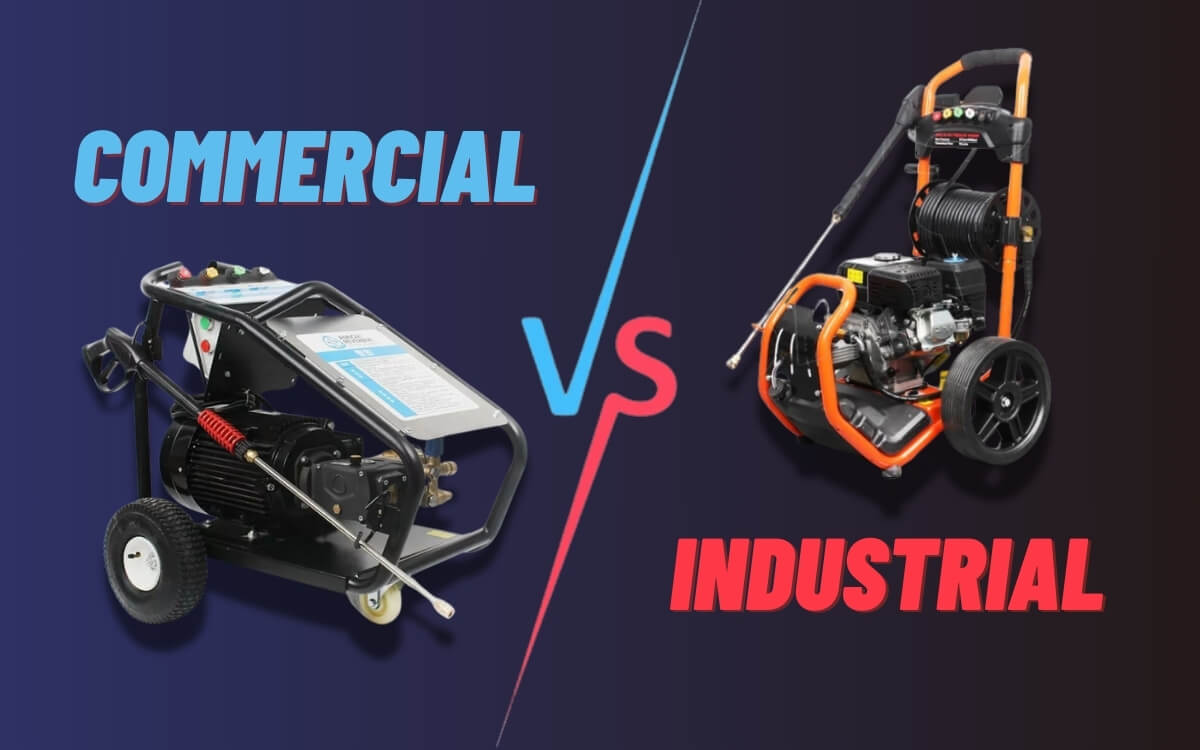
difference between commercial and industrial pressure washers
This article compares the key differences between commercial and industrial pressure washers to help you choose the best option for your unique needs.
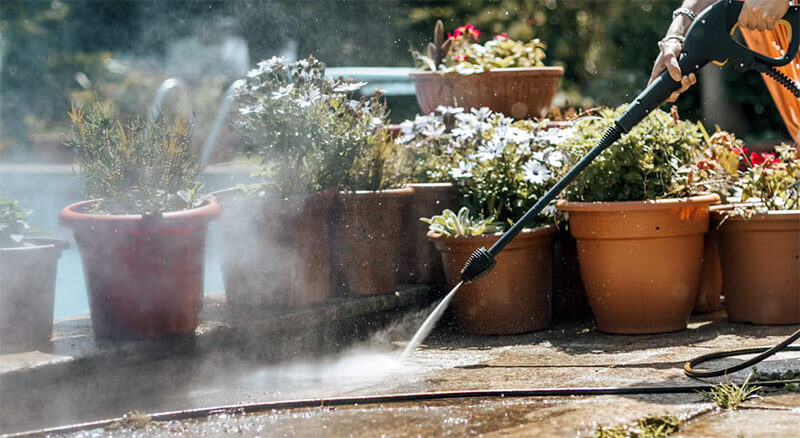
How to clean your garden patio using a pressure washer
This guide by BISON will walk you through each step to clean your garden patio with a pressure washer.
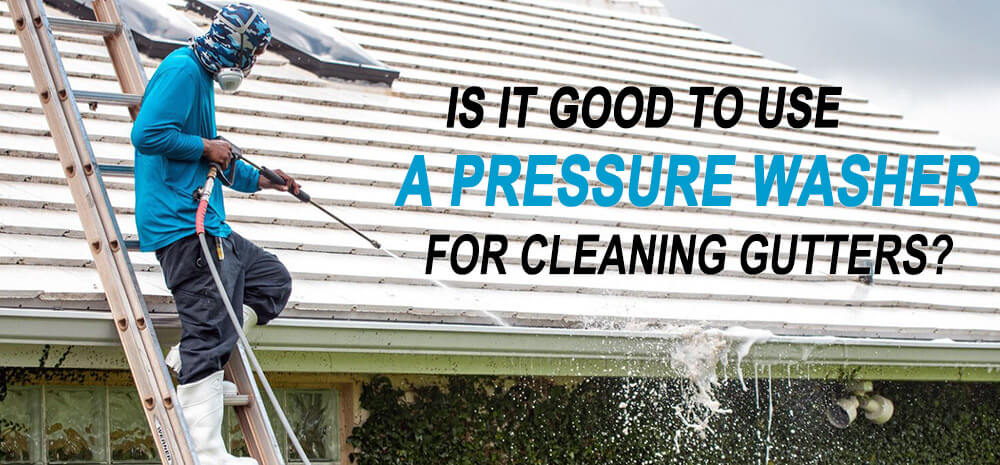
use pressure washer to clean gutters
BISON will explore whether using a pressure washer to clean your gutters is effective, safe, and practical.
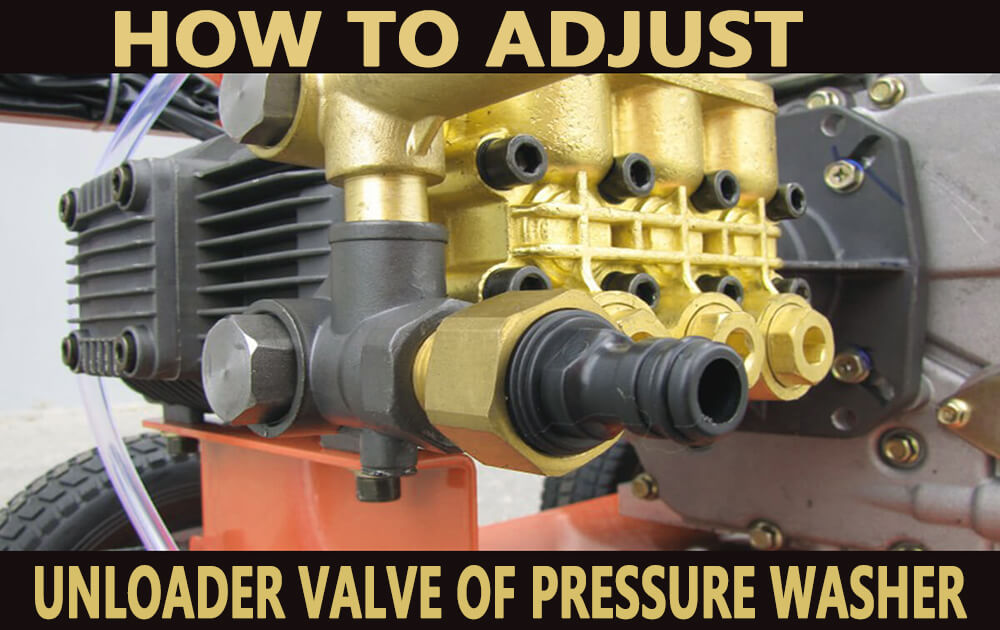
how to set the unloader valve of pressure washer
This blog is designed to guide you through the process of setting unloader valve on pressure washer.
Related Products
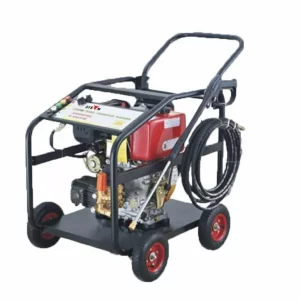
Diesel Engine High Pressure Washer
1. Portable compact 2. Economical, reliable and durable 3. Long run time – up to
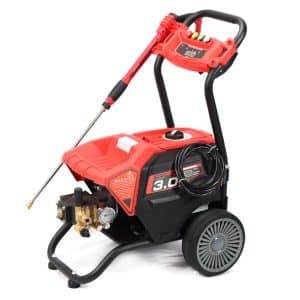
Brushless Induction Electric Pressure Washer
ES3-4??Brushless Induction Electric Pressure Washer with Spray Gun
This easy to use electric pressure
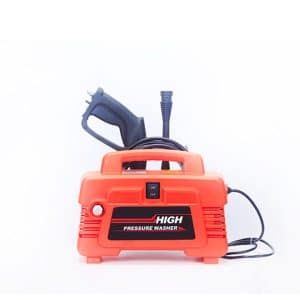
water pressure machine for cars
This water pressure machine for cars is a light-weight, yet powerful machine. It is a
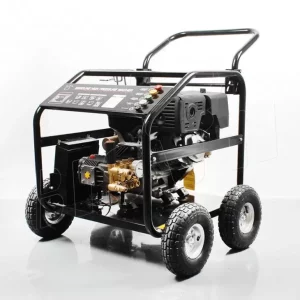
Gasoline Electric High Pressure Washer Car Wash Machine
1.Genuine BISON 6.5HP, Four-stroke OHV Engine (Euro-V and EPA standard are available) 2. Massive 2500PSI
.png)
-qbpqbzxxvtguiuwezisu6wo6j1i29b4m1el1ir1u8o.png)

